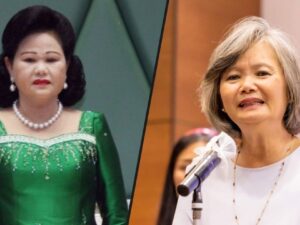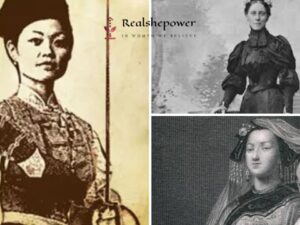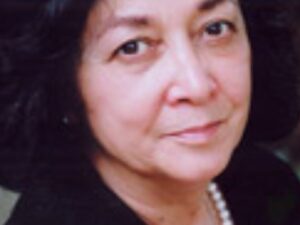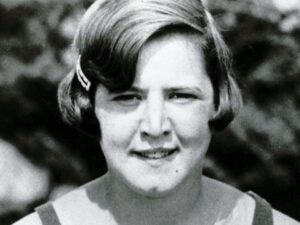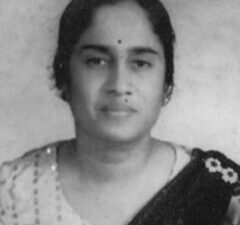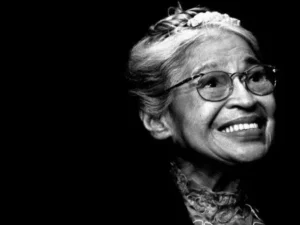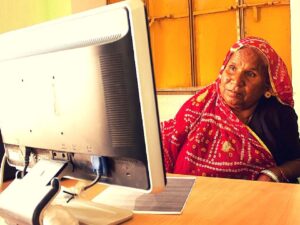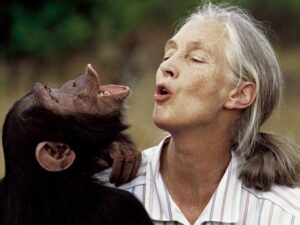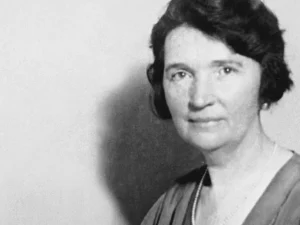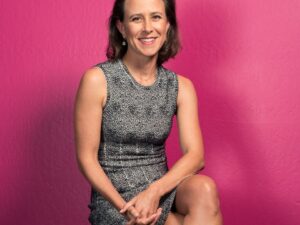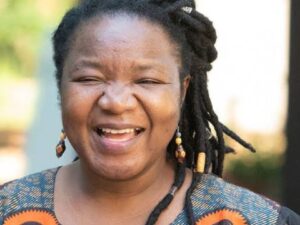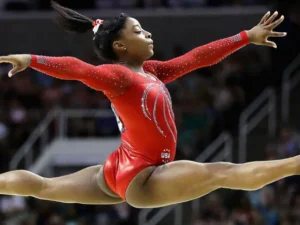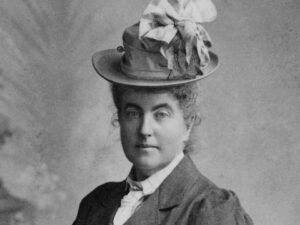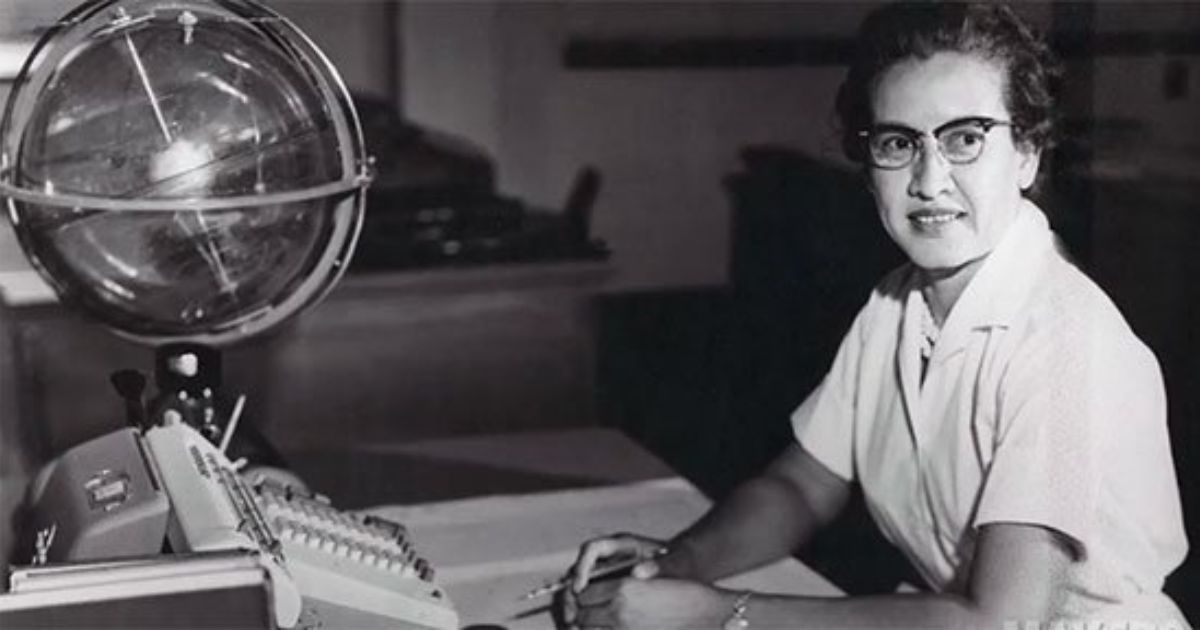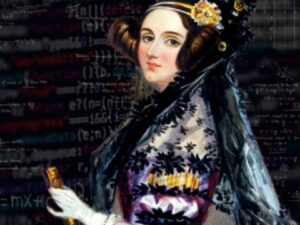In the rapidly evolving world of artificial intelligence (AI), where innovation often overshadows ethics, one woman stands out as a beacon of accountability and change: Joy Buolamwini. As the founder of the Algorithmic Justice League (AJL), a poet of code, and a globally recognized advocate for ethical AI, Buolamwini has reshaped the conversation around technology’s impact on society. Her groundbreaking work exposing racial and gender biases in facial recognition systems has not only challenged tech giants but also inspired a movement for equitable AI. This blog post dives into her transformative journey, her impact on AI ethics, and why she’s a true path-breaker.
Joy Buolamwini’s Journey: From Curiosity to Global Impact
Born in Canada to Ghanaian parents, Joy Buolamwini grew up with a passion for technology and social justice. Her early interest in robotics and computer science led her to MIT, where she pursued a Ph.D. at the Media Lab. It was here, during a project using facial recognition software, that she encountered a startling issue: the technology struggled to detect her dark-skinned face accurately. This personal experience sparked her mission to uncover and address biases in AI systems.
Buolamwini’s journey wasn’t without challenges. As a Black woman in a male-dominated, predominantly white field, she faced skepticism and systemic barriers. Yet, her determination to merge technical expertise with advocacy for fairness propelled her forward. She founded the Algorithmic Justice League in 2016, a nonprofit dedicated to researching and mitigating AI biases, ensuring technology serves all communities equitably.
Pioneering Ethical AI: Exposing Bias in Facial Recognition
Buolamwini’s most notable contribution is her research exposing biases in facial recognition technologies used by tech giants like Microsoft, IBM, and Amazon. Her 2018 study, Gender Shades, co-authored with Timnit Gebru, revealed that these systems performed poorly on darker-skinned and female faces, with error rates up to 34% higher for Black women compared to white men. This groundbreaking work, featured in the Netflix documentary Coded Bias, sparked global conversations about the dangers of biased AI in areas like hiring, policing, and healthcare.
Her findings led to tangible change: IBM and Microsoft improved their facial recognition algorithms, and Amazon issued a moratorium on its Rekognition software for police use. Buolamwini’s advocacy didn’t stop at research; she testified before Congress, urging lawmakers to regulate AI to prevent harm. Her work has set a standard for accountability, pushing companies to prioritize fairness and transparency.
Why It Matters: Biased AI can perpetuate systemic inequalities, such as wrongful arrests due to faulty facial recognition. Buolamwini’s efforts ensure technology is inclusive, aligning with feminist journalism’s focus on social justice.
Overcoming Challenges: A Voice for the Marginalized
As a Black woman in tech, Buolamwini faced significant hurdles, from being underestimated in academic and professional settings to navigating a field where only 22% of AI professionals are women, per Just AI News. Her experience with facial recognition failing to detect her face was a personal catalyst, but it reflected broader systemic issues affecting marginalized communities. Rather than accepting the status quo, she used her platform to amplify underrepresented voices, blending art, research, and activism to drive change.
Her work with the AJL emphasizes community-centered AI, ensuring that those most affected by technology—particularly people of color and women—are part of the solution. Through initiatives like AI literacy workshops and public campaigns, she empowers communities to understand and challenge AI’s impact.
Key Triumph: In 2025, Buolamwini was named to the 100 Brilliant Women in AI Ethics list by Women in AI Ethics, recognizing her as a pioneer in ethical AI. Her TED Talks and media appearances continue to inspire millions.
Global Impact and Legacy
Buolamwini’s influence extends far beyond academia. Her work has shaped AI policies worldwide, influencing regulations like the EU AI Act and U.S. legislative discussions on AI governance. The AJL’s advocacy has led to bans on facial recognition in cities like San Francisco and Oakland, protecting civil rights. Her book, Unmasking AI, published in 2023, further amplifies her message, blending memoir and manifesto to call for equitable technology.
She also mentors young women and people of color in STEM, fostering a new generation of ethical tech leaders. At events like the World Economic Forum and SheSparks 2025, she advocates for inclusive AI practices, emphasizing that diversity in tech isn’t just a moral imperative but a necessity for innovation.
Why Joy Buolamwini Inspires
Joy Buolamwini’s story is a testament to the power of combining technical expertise with a passion for justice. Her ability to challenge tech giants, influence policy, and empower communities makes her a true path-breaker. As feminist magazines like The 19th and RealShePower highlight women’s contributions to social change, Buolamwini’s work embodies their mission. She reminds us that technology is not neutral—it reflects the values of its creators, and her fight ensures those values are inclusive and equitable.
Call to Action: Dive deeper into Joy Buolamwini’s work by visiting algorithmicjusticeleague.org or watching Coded Bias on Netflix. Subscribe to Ms. Magazine (feminist.org) or RealShePower Magazine (realshepower.com) for more stories of women breaking barriers. Share this article with #JoyBuolamwini and #AIEthics to amplify her impact!
Conclusion
Joy Buolamwini’s groundbreaking work in AI ethics is reshaping how we think about technology’s role in society. From exposing biases in facial recognition to advocating for global AI regulations, she’s a leader who proves that innovation and ethics must go hand in hand. As we celebrate women achievers in 2025, Buolamwini’s legacy inspires us to demand a tech future that uplifts everyone. Let’s honor her by supporting ethical AI and amplifying the voices of women in STEM.

